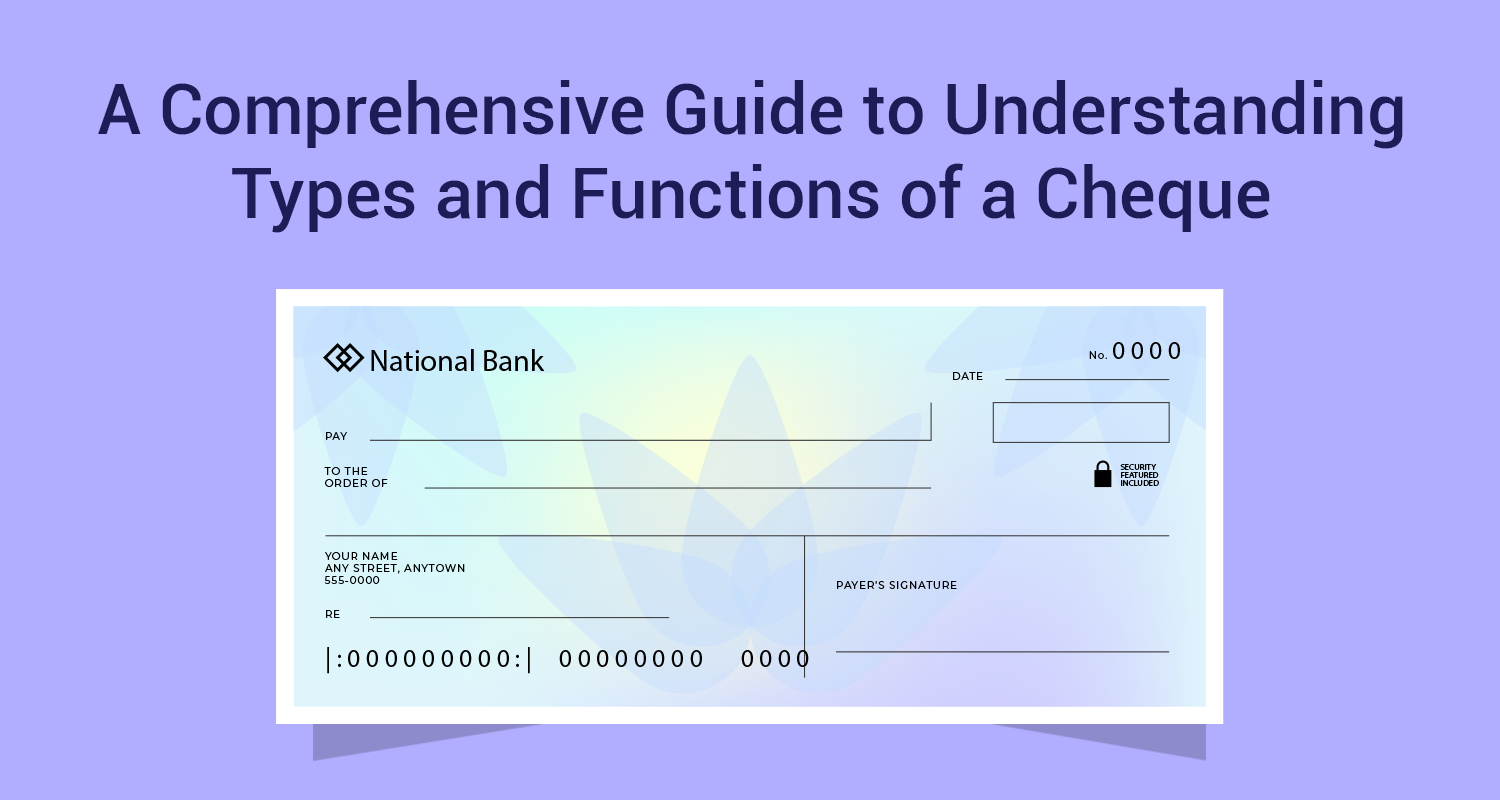Which Is Better Investing Shares Or Regular Monthly Mutual Funds?
Table of Contents
Did you know that Rs.10,000 invested in Wipro in 1980 would have grown to Rs.450 crore in 2018? Yes, you heard it right! Also, an amount of Rs.1 lakh invested in Havells in 1996 would have grown to Rs.30 crore in 2018. These are the kinds of stories that look like fairy tales but then they are absolutely real. At the same time, there are equity mutual funds that can help you generate huge wealth if you systematically do an SIP for a period of 20-25 years. That really leaves the investor with a problem of choice. Should they opt for investing in shares or for regular monthly mutual fund SIPs? There are 3 factors that will determine this decision.
Do You Have The Expertise And Time For Direct Equities?
If you are an engineer who is a senior position on the product side of a large manufacturing company, then it is very likely that you will not have the time and bandwidth to track direct equities. At best, you may be able to pick some stocks that pertain to your core area of expertise. Even in these cases, you will have a real problem understanding P/E Ratios, moat, and margin of safety. Remember, the right equities bought at the right time can generate huge wealth, but it is a very time-consuming process. You need to spend the time to identify the stocks, gauge their valuations, monitor the stock performance, evaluate the impact of news and corporate announcements etc. Even with the best of online resources available to you, this is not an easy task. For a person, who does not have the expertise or time to spend on individual stocks, a systematic investment plan (SIP) in equity funds can do the job.
Are You Looking At One Time Investing Or Long-Term Financial Planning
This is an important question you need to ask yourself; why am I making this investment? Typically, people invest in equities for two different reasons. Firstly, they see an opportunity in a specific stock or industry and they want to play out the story. Secondly, they could be looking at equities as a means of wealth creation to meet long-term goals like retirement, child’s education etc. When you are looking for a specific company or sectoral opportunities, then direct equities is a better choice. Mutual funds are diversified and cannot give you granular returns. That is only possible with direct equities. However, if you are looking at long term financial planning then equity funds make a lot more sense. When you do a SIP on equity funds you not only create wealth in the long term due to rupee cost averaging, but you also synchronize your outflows with your inflows. From a long term financial plan perspective, equity funds will be a better fit.
What Is Your Risk Appetite With Respect To Equities
This is an important point to consider. Direct equities are higher on the risk scale compared to equity mutual funds because the concentration risk is much higher. In equity funds, you have the added advantage of a professional fund manager to manage your funds and spread across quality equities. Diversification in direct equities can be quite capital intensive; but you can diversify with much lower capital in case of equity funds. Also, since you are doing an SIP on the equity fund in this case, time works in your favour and improves your chances of generating above market returns in the long run.
So, How Should You Go About Making This Choice?
In fact, you do not have to take an either/or approach. Direct equities and equity fund SIPs can coexist in your overall portfolio. The key is knowing where to use what product and for what purpose. Here are 3 basic guidelines…
- If you are looking at an equity component for your financial plan then SIPs on equity funds are the right way to approach. They give you the benefit of long term wealth creation at an affordable rate.
- If you are looking at a good disruptive story in a stock or sector that you are familiar, then direct equity can work really well. Here you need to understand the story, talk to the broker and then take a call.
- Don’t forget that equity trading is a good way of capturing swings. We are not talking of intraday trading that is more risky. You can take a view on trends like bottoming out of IT, bottoming out of pharma, and uptrend in commodities etc to take a short term view on stocks. Direct equities work perfectly in this case.
Disclaimer : The information in this blog is for general purposes only and may change without notice. It does not constitute legal, tax, or financial advice. Readers should seek professional guidance and make decisions at their own discretion. IIFL Finance is not liable for any reliance on this content. Read more




